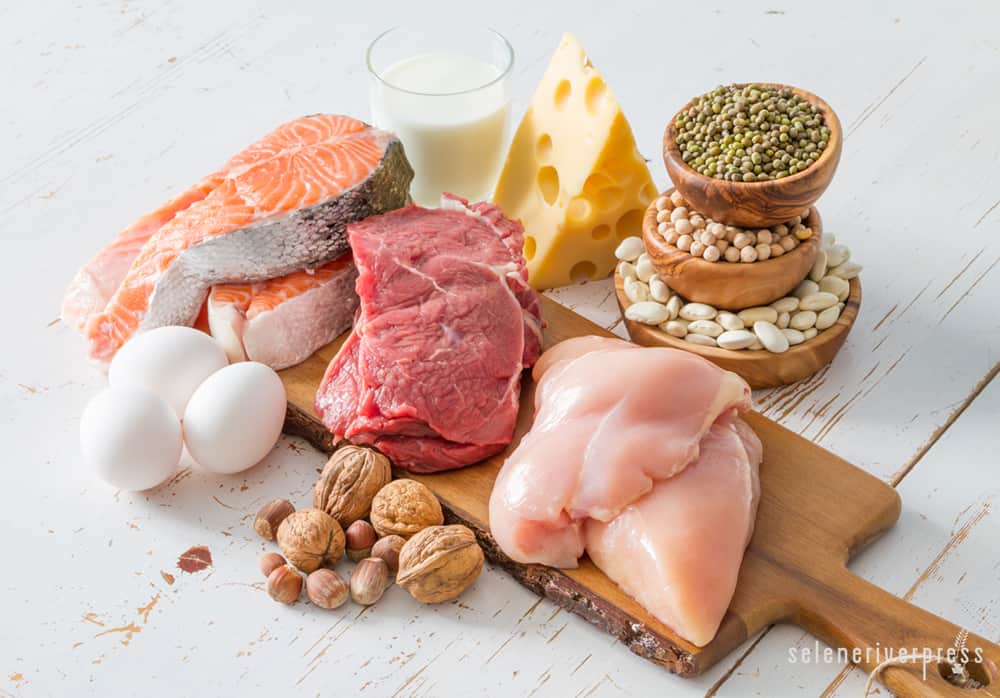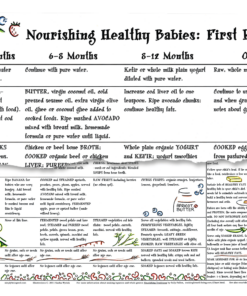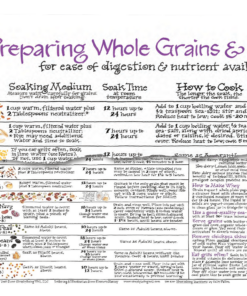Ever feel out of your head? Out of your body? Ever been called an airhead? Unable to concentrate? Unable to focus? Spacey? All of this is the opposite of being grounded. As the word suggests, to feel grounded is to feel stable in your body. Fully present. Able to focus and think clearly. Think of the ground, the earth beneath you. Stable. Steady.
Wouldn’t you like to feel more grounded?
Some of us don’t feel grounded because the pace of our life is too fast. Lots of travel by air and by car, speeding on highways as we commute day in and day out. We have lots of commitments. Multiple balls in the air at one time. Responsibilities. Possibilities. To-do lists. Email. Social media. PTA. Multiple kids in multiple schools with multiple extracurricular activities. And so on and so on.
Some of us don’t feel grounded just because. We’ve always felt out of our head, or spacey, ever since we can remember. People called us dreamy, and maybe they still do. Right now, too many children are medicated because they cannot focus. They’ve been diagnosed with attention deficit disorder (ADD) or attention deficit hyperactivity disorder (ADHD). These children can’t sit still. They can’t think straight. According to one source, over ten million children in our country alone take prescription drugs to help them to focus.
I submit to you that these issues can be controlled by diet. Actually, by a way of eating. We can learn much from the ancient tradition of Ayurveda about grounding foods, which have been grounding people for over 5,000 years—some say up to 10,000 years! The grounding foods include cultured dairy (mostly yogurt and some cultured cream), cheese, meat, good fat (clarified butter or “ghee”), and warming foods such as soups and stews. Onions, garlic, and ginger are also used because they warm and stoke digestive fire. (For more information about Ayurveda, see any book by Vasant Lad, especially Ayurveda: The Science of Self-Healing. Also see Robert Svoboda’s Ayurveda: Life, Health and Longevity.
What’s interesting to me is that the Gut and Psychology Syndrome (GAPS) diet is a modern-day grounding diet! (Dr. Natasha Campbell-McBride, a Russian medical doctor based in the United Kingdom, developed the concept of GAPS and describes it in her book, Gut and Psychology Syndrome: Natural Treatment for Autism, ADHD, Dyslexia, Dyspraxia, Depression, and Schizophrenia.) GAPS incorporates many of the same principles found in the grounding diet, and especially in the Intro Diet of the GAPS protocol. The Intro calls for meat stock, soups made from meat stock, and stews. GAPS also focuses on good fats, and cultured dairy. All foods on the GAPS diet are grounding.
So what am I suggesting? Even if you don’t feel you need to “heal your leaky gut,” the GAPS diet may very well offer some answers on how to eat to feel better, which can help you feel grounded in your body and able to focus your mind.
We Americans have long suffered from a low- or no-fat regime. This myth first took off some forty years ago, with the publication of a 1977 report titled “Dietary Goals for the United States” by the Senate Select Committee on Nutrition and Human Needs. Since then, we’ve lost our minds—ADD, ADHD, and autism in our youth and Alzheimer’s in our elders. Our society has also seen a rampant rise in obesity and diabetes thanks to our high-carb, low-fat diet, plus recommendations that we eat few eggs and little meat. But is diet the whole story? No one thing ever is. Still, we must recognize that diet plays a large role.
Even if you don’t want to implement the whole GAPS diet, its principles will serve you well. Good eggs, good meat, and good fats. Always use the best quality food you can find—pastured, grass-fed, organic ingredients cooked in a way that maximizes ease of digestion and nutrient availability. These are grounding foods. They are nourishing foods. They are building foods. If we eat this way, we may find ourselves more focused and aware, and better able to handle the stresses of modern life. And I daresay we’ll no longer need those prescriptions.
For more information and recipes for making meat stock, see my book, Cooking Techniques for the Gut and Psychology Syndrome Diet, Part I: Meat Stock.
Photo from iStock/a_namenko




